Don’t pick wild plants! Recognize these poisonous plants in the countryside quickly
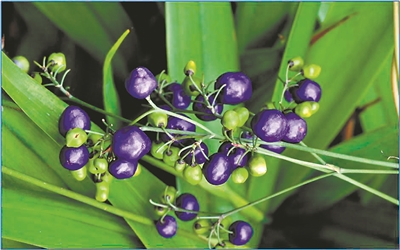
Yamakan
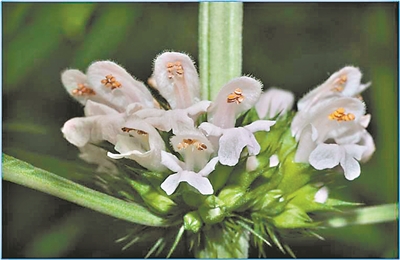
motherwort herb
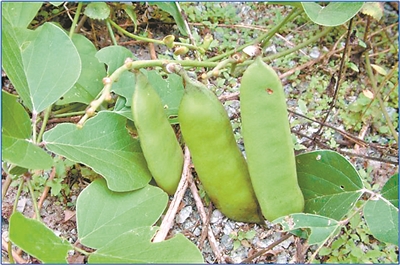
Sea knife bean
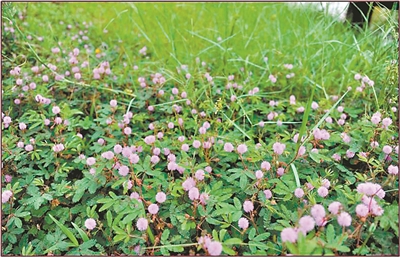
Mimosa pudica
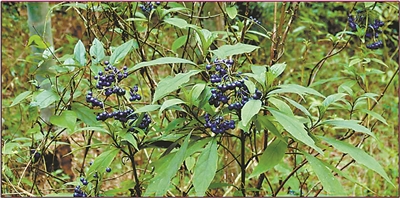
antipyretic dichroa
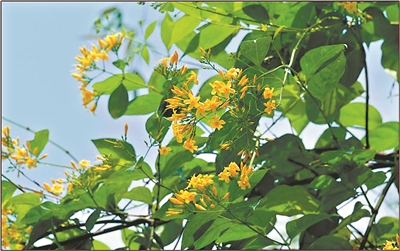
elegant jessamine
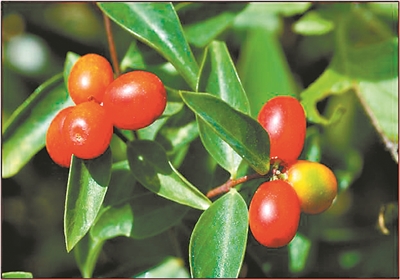
King Liao
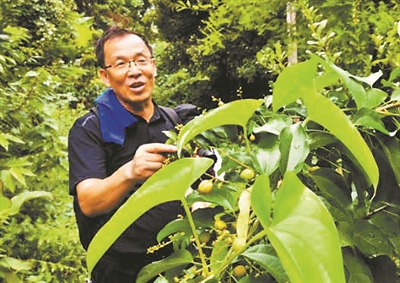
Xu yechun
The fruit is like lapis lazuli, beautiful and moving, but the whole plant is poisonous; Motherwort, a Chinese medicine with beautiful flowers, will have chest tightness and shock if eaten excessively; Aconitum, a commonly used Chinese medicine in clinic, contains aconitine which is highly toxic. Even the mimosa plants all over Shan Ye will suffer from diarrhea and vomiting if eaten by mistake … … Behind the beautiful and legendary wild plants, there are also many unknown dangers.
Don’t pick wild plants.
Yesterday, Xu Yechun, director and researcher of the Characteristic Flowers Research Office of the Institute of Environmental Horticulture of Guangdong Academy of Agricultural Sciences, was interviewed by this reporter on the topic of wild poisonous plants. He pointed out that the countryside is close to the city, with good natural conditions and convenient public transportation, making it a good place for citizens to have fun and rest. When people watch natural scenery and wild flowers in the mountains, they often encounter some poisonous plants but don’t know them. They are taken back as edible plants to make soup and cook. For example, mistaking the poisonous plant Gelsemium for honeysuckle will cause poisoning and even death.
It is worth mentioning that from January to June, 2019, there were 13 cases of poisoning caused by processing and eating aconite plants such as Aconitum kusnezoffii and Aconitum carmichaeli, with 62 cases of illness and 4 deaths.
When you meet some common poisonous plants in the countryside, you should be more careful.
A variety of medicinal plants can be fatal.
Mountain Sugarcane, don’t be a mountain Sugarcane orchid. The flowering and fruiting period is from March to August. There is wild in Guangdong, and it is rare in parks and botanical gardens. Medicinal plants. The whole plant is poisonous, which can cause diarrhea and loss of appetite, and even death.
Motherwort, alias Artemisia. The flowering period is from June to September, and the fruiting period is from September to October. Guangdong has wild plants, which are often cultivated in medicine gardens. Medicinal plants. The whole plant is slightly toxic, and if it is eaten excessively, it will cause weakness, chest tightness, soreness, shock and other symptoms, which may be hepatotoxic.
Sea bean, alias shore bean. Flowering period is June-July. Guangdong coastal area is wild. Pods and seeds are recorded as edible, but poisonous. After poisoning, dizziness, vomiting and even coma occur. Boil and rinse before eating.
Mimosa, another name for knowing shame. The flowering period is from March to October, and the fruiting period is from May to November. Common in the wild. Medicinal plants. The whole plant has small toxicity, mimosine, diarrhea and vomiting after eating by mistake.
Changshan, alias Huang Changshan and Bai Changshan. The flowering period is from May to July, and the fruiting period is from August to October. Guangdong province is wild and cultivated in medicine gardens. Medicinal plants. It contains a variety of alkaloids, and its total alkali toxicity is high, and the poisoned people all take it too much as traditional Chinese medicine.
Gelsemium elegans, also known as Dachayao and Herba Clerodendranthi. The flowering period is from May to November, and the fruiting period is from July to March of the following year. Guangdong is more common in the wild, and occasionally cultivated in medicine gardens. Medicinal plants. The whole plant is highly toxic, and the symptoms of poisoning are respiratory paralysis, and the lighter one has difficulty breathing, and the heavier one dies of respiratory arrest.
The elder brother Wang, alias Nanling Chihuahua. Flower and fruit period, summer and autumn. Guangdong is wild. Medicinal plants. The whole plant is toxic, with mild symptoms of nausea, vomiting, abdominal distension and abdominal pain, and severe cases of dyspnea and hypovolemic shock. (Text, photo/Guangzhou Daily, all-media reporter Huang Danwei)
Expert archives
Xu Yechun, researcher. Engaged in flower culture, garden plant classification research, flower cultivation, demonstration and promotion and industrial development.
He is currently the director of the characteristic flower research office of the Institute of Environmental Horticulture, Guangdong Academy of Agricultural Sciences, and concurrently the general manager of Guangdong Flower Magazine Co., Ltd. and the deputy editor of Flower Magazine.